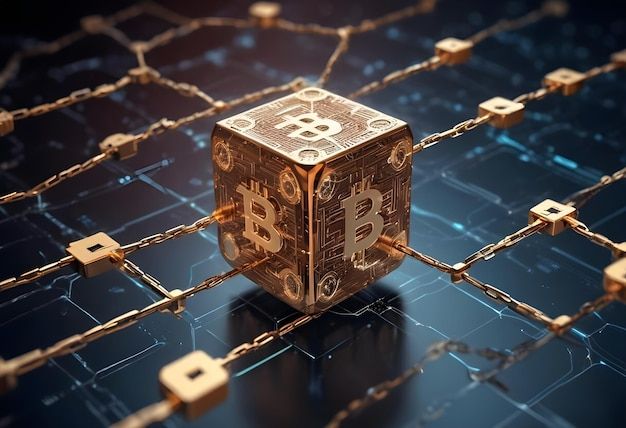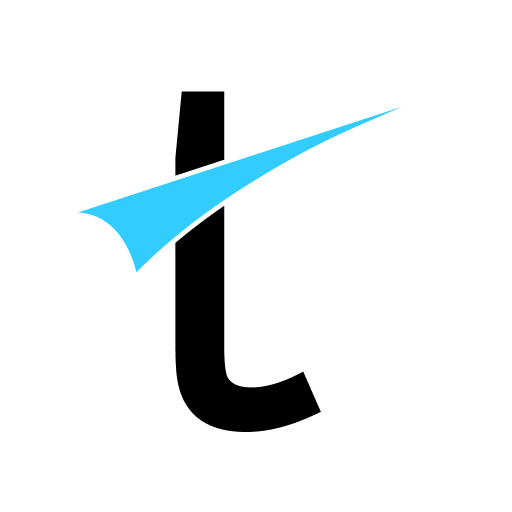Decentralized Autonomous Organizations (DAOs)

Author

Rahul Joshi
Founder, CEO
In This Article
Decentralized Autonomous Organizations (DAOs) have emerged as a groundbreaking concept in the realm of blockchain and cryptocurrency. These innovative entities are reshaping traditional governance structures and empowering individuals to participate in decision-making processes. In this article, we will delve into the rise of DAOs, their unique governance structures, and the pivotal role they play in decentralized decision-making.
DAOs have gained significant traction in recent years, fueled by the growing popularity of blockchain technology and the desire for more inclusive and transparent decision-making systems. At their core, DAOs are self-governing organizations that operate through smart contracts and are driven by the collective decisions of their members.
DAOs employ various governance structures that allow for decentralized decision-making. One common model is the token-based governance system. In this framework, individuals hold tokens that represent their voting power within the organization. The more tokens one holds, the greater their influence on decision-making. This structure ensures that decisions are made democratically, based on the collective will of the community.
Another governance structure employed by DAOs is reputation-based governance. Here, members earn reputation points based on their contributions and expertise. The higher the reputation, the more weight their opinions carry in decision-making processes. This system incentivizes active participation and rewards members for their valuable contributions.
DAOs have the potential to revolutionize decision-making processes by eliminating traditional hierarchies and intermediaries. By leveraging blockchain technology, DAOs enable direct participation and give individuals the power to shape the future of the organization. This decentralized approach fosters transparency, accountability, and trust among members.
Furthermore, DAOs facilitate community-driven decision-making, ensuring that decisions align with the collective interests of the organization's stakeholders. This inclusivity allows for a wider range of perspectives and expertise to be considered, leading to more informed and well-rounded decisions.
DAOs also enable individuals from around the world to collaborate and contribute to a common cause without the restrictions of geographical boundaries. This global reach fosters diversity and encourages the sharing of ideas, ultimately leading to more innovative and impactful outcomes.
The rise of DAOs signifies a paradigm shift in governance structures and decision-making processes. These decentralized entities empower individuals, promote transparency, and foster inclusivity. As DAOs continue to evolve, it is crucial to address challenges such as scalability, security, and legal compliance.
Nonetheless, the potential of DAOs to reshape traditional models of governance and decision-making is undeniable. By embracing the power of DAOs, we can collectively create a future where decentralized decision-making is the norm, enabling us to build more equitable and resilient systems.
